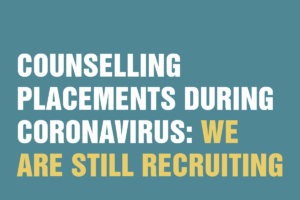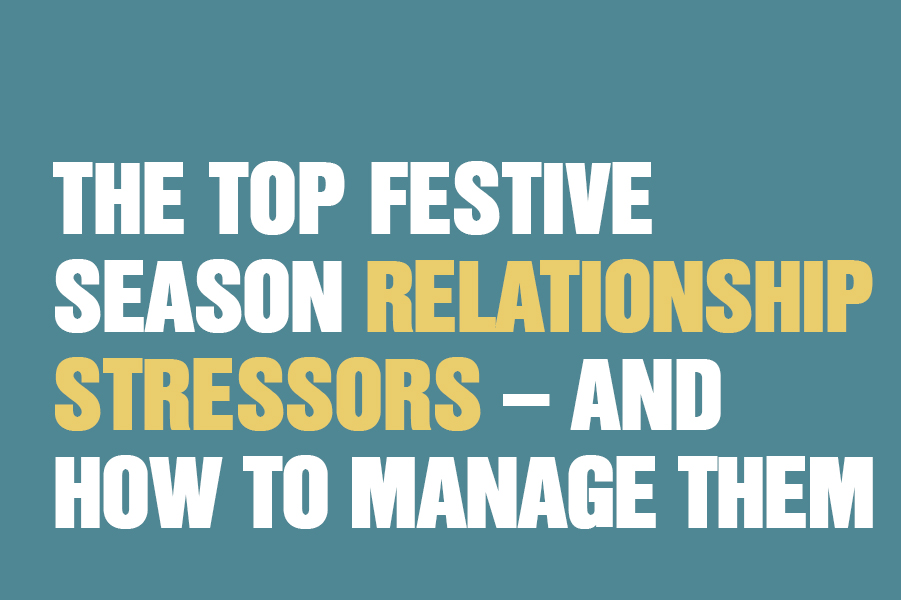I read somewhere that this COVID-19 situation was going to lead to either a higher divorce rate or a higher birth rate. Well, in our house it would be the divorce.
I remember when my dad retired, my mum said it drove her mad having him at home all the time, especially when he put his head round the door at 12 every day and asked, “what’s for lunch?” . That’s exactly how I feel now that my husband and I are working from home. It has really highlighted how different our approach to life is. He wants to be joined at the hip, and would happily sit next to me on the sofa while I work, even when I am in Zoom meetings. But even more annoyingly, he is constantly on his phone looking at the statistics across the world and telling me every single grim bit of news as it happens. He has always been a news junkie and had health anxiety but Coronavirus has tipped him over the edge on both counts. I have always had a lot of sympathy for him having to live with anxiety; and respect him for the way he has dealt with it. But it has gone off the scale now, and not only do I feel I cannot support him with it, but it is as if he is trying to give it to me too.
I have tried to get him to work in a different room, and encouraged him to limit his phone use and access to news feeds, but it never lasts more than half an hour. We have been bickering a lot and the other day we had make-up sex; the first time we have been intimate in almost three weeks and afterwards I caught him looking at his phone. I think he was about to tell me the latest thing he was obsessing and panicking about, but then he saw my face and managed not to. I was furious, and really upset. What can I do? Karen, 28, Balham
Michaela says
According to research from the Open University, couples spend an average of two-and-a-half hours together each day. But that is in normal times before coronavirus hit, and now couples are spending upwards of 15 waking hours together. This in itself is a combustible situation, the character traits that were mildly irritating before can now become unbearably annoying. Then if you add in the anxiety of this very strange situation we are all living through, and all the uncertainty we all have to hold, it can really feel as if everything could just explode.
It is interesting that you mentioned respect, because that is the most important thing in helping you and your husband stay sane, and together, during this time of crisis. You need to respect that each other’s work life is important, and respect that you may have different needs and ways of coping with things.
It sounds like you have made a good start by trying to get him give you some space while you work, and to manage his anxiety by reducing his phone time. But it feels as if you have to sit down and talk it all through so that you are both clear what you will need to make this new situation work and keep your relationship to each other healthy. In therapy we call this contracting. At the beginning of sessions, a therapist will outline the important practical things about how the therapy will be conducted: when and where you will meet, confidentiality, the cancellation policy, the fees, etc. In the same way, you are your husband in your new living/working together situation need to set the boundaries and do some contracting. In therapy, confidentiality is the most important thing to establish. In a relationship, it is communication.
So think about what you want to tell your husband about what will make this COVID-19 situation not lead to divorce and draw up a list. For example you could tell him that you will need him to: stay the other side of a closed door when you are teleconferencing; turn off all the news alerts on his phone; leave the phone in another room if you are having sex (and you will do the same with yours); allow you at least half an hour a day to be apart; etc. And encourage him to come up with his own list, which might include: not giving him the side-eye or a stern look because he interprets this as anger; allowing him a fixed amount of time every day (I’d suggest 10 minutes) in which he can obsess about health statistics and talk about his anxieties.
Next, you can contract to keep reviewing the contract so that it continues to work for you both. And then, most importantly, you can think about what else you can do together to reduce the tension and anxiety that being thrown into such close quarters is bound to bring up. This might mean having a “date night” when you turn off all devices and try to shut out the horrors of COVID-19 so you can concentrate on each other and why you liked each other in the first place.








